How to Help Those Who Lost Everything
Stories from the frontlines of natural disasters.
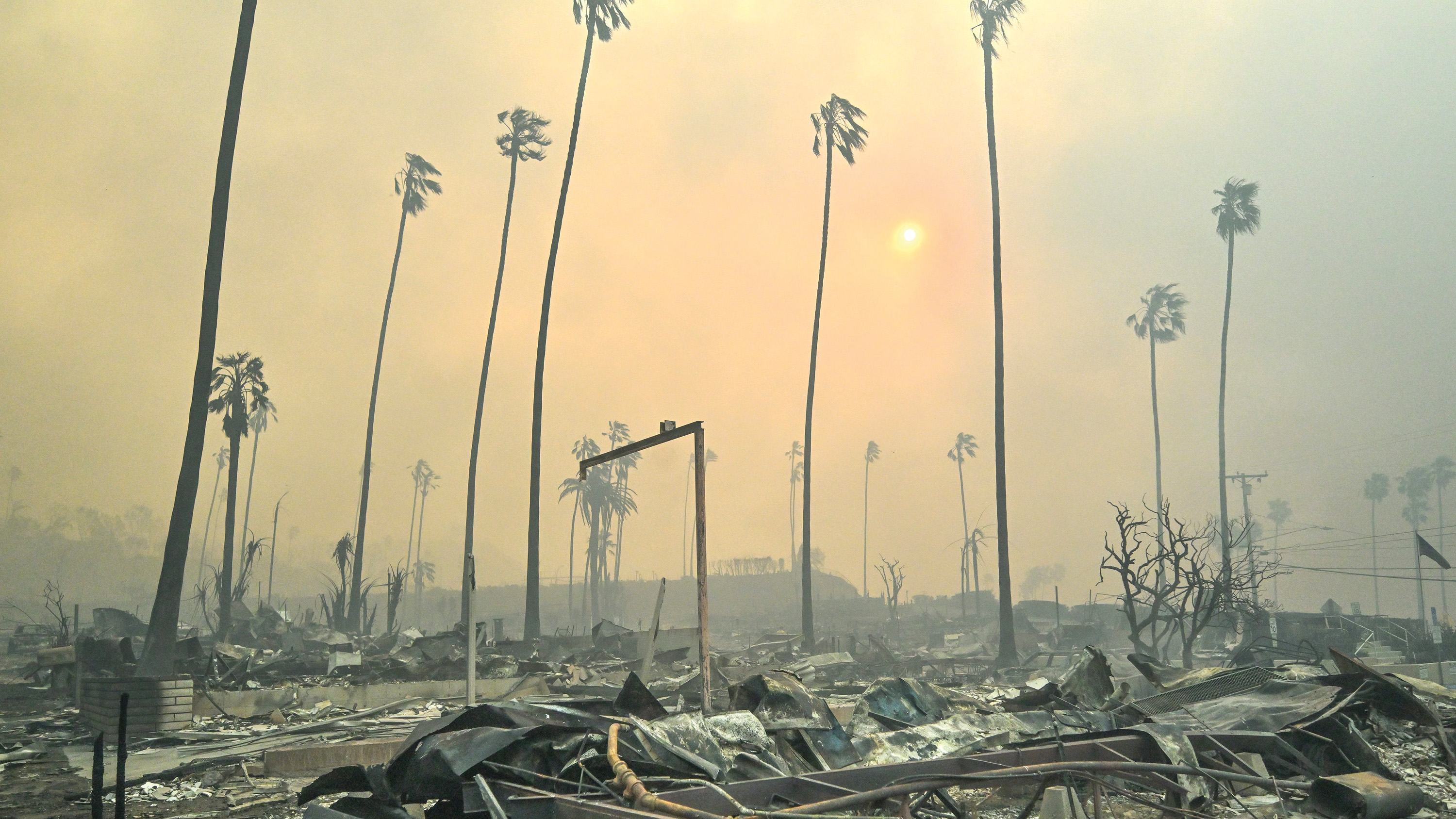

With extreme weather events happening more and more frequently, it can be hard to know how to best support those affected. Here, seven people who’ve experienced a climate disaster share what they wish others knew.
Use your platform positively.
Loreen Hwang, 40, content creator; Palisades Wildfire, California
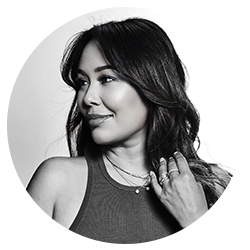
When the fires broke out in the Palisades, I organized two pop-up donation centers and spread the word through a call to action on Instagram. I reposted GoFundMe pages for elderly people who didn’t have access to social media or didn’t know how to use it. When I heard about an Altadena man who moved into a motel after losing his home of 50 years, I reached out and asked what he needed. His family said they had a GoFundMe for him, but it wasn’t doing well. With their permission, I posted the link and helped raise $36,000.
If you’re helping an individual, ask how you can be of assistance, but also respect their experience and be sensitive to families who have lost everything. Think about what kind of information you would want to see. Fear, conspiracy theories, and misinformation are all awful ways to fuel your following. Help has to come from your heart.
Build genuine relationships with other women.
AdriAnne Haia, 36, doula; Maui wildfire, Hawaii
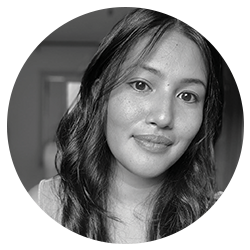
Pilina in Hawaiian means “relationship.” As a doula, I have built a pilina with many of the women in my community. Our togetherness is what kept our spirits up during the Maui fires. Rebuilding isn’t just about structures; it’s about healing hearts, holding space, and remembering that, even in loss, we rise. As families from our community sought refuge in hotels, I offered to help watch their kids. If I saw another mom on the street, I tried to connect with her and ask how she’s doing. I often invited other families to come over for dinner.
If you’re in the thick of it right now, know that you’re not alone. Find what grounds you first, then build genuine relationships with women around you. Share resources. Offer emotional support. Healing doesn’t mean forgetting, it means finding a way to carry the love forward.
Remember that help is long-term.
Julia Darity, 15, student and United Way volunteer; Hurricane Helene, North Carolina
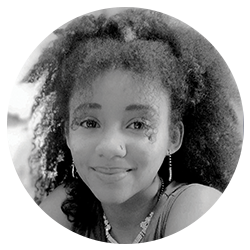
After Hurricane Helene ended, so did some of the help and attention to those who still needed assistance. Though the hurricane moved on, people’s suffering and loss did not. When the roads cleared up, my family and I signed up to volunteer at a distribution site three times a week. A month and a half later, I applied for a small grant and decided to spend that money on clothes, shoes, coats, blankets, and toys for those who lost their homes and were still living in tents or trailers. We all shared a common trauma experience, but some were less fortunate in their ability to recover.
Reassure people you haven’t forgotten them. Keep up with their needs, which changes depending on recovery progress and how much time has passed since the disaster. First, people need supplies, care, and motivation. But after three or four months, those who have lost property need funding and money. Don’t give up on supporting survivors, because the process of healing and recovery can take years.
Stay In The Know
Get exclusive access to fashion and beauty trends, hot-off-the-press celebrity news, and more.
Be patient with frontline workers.
Nicole Londono, 32, nurse; Hurricane Harvey, Texas
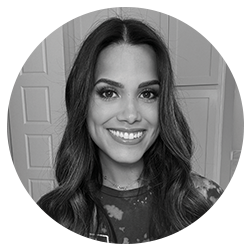
When Hurricane Harvey hit, I tried driving to work, but the roads were all underwater. I was devastated, but I had no choice other than to turn around for my own safety. Back home, all I could think about was my co-workers, who were riding out the storm at the hospital and in desperate need of relief and sleep. There was still flooding and torrential rain the next day, but my dad drove me in his pickup truck through rising waters. I worked for three days straight, sleeping at the hospital until the roads were clear and safe enough to drive again. The lengths we all went to in order to care for the babies was incredible. One of my colleagues even rode a dump truck through the flooded streets to get into work. There isn’t anything nurses wouldn’t do for their patients, and it’s often thankless work.
Be patient with frontline workers during disasters. Be kind to them. If you have friends who are nurses or doctors, offer to check on their property or pets, since sometimes we’re at the hospital for days. We also appreciate being sent treats or food after long shifts, because we’re usually extremely tired.
Look for organizations that match your beliefs.
Osvaldo Fonseca, 30, community engagement manager; Hurricane Maria, Puerto Rico
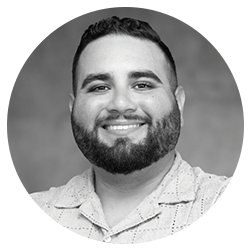
I have lived through many storms and hurricanes, but never one as strong as Hurricane Maria. In 2017, Maria devastated Puerto Rico in such a way that, even today, the island has not fully recovered. There were deaths, destroyed homes, landslides, floods, entire communities underwater, plus a lack of drinking water, food, electricity, and many other basic needs. Hurricanes, which are so common in our territory, pose significant risks to mental health, access to housing, and general healthcare—and that’s especially true for the LGBTQ+ community. The transgender community, in particular, continues to be marginalized and rejected, putting them in constant danger during crises like hurricanes.
It’s important to identify organizations that align with your experiences; put time and effort into those spaces, and speak with people who can relate to you about what challenges might arise. Smaller community organizations exist to support individuals, and engaging with them can ensure people have the right kind of help during a disaster. Those who inherently understand what you need are often the best resources to connect you with essential services and programs.
Animals need help, too.
Charlotte Andrews, 23, copywriter; Palisades Wildfire, California

During the Los Angeles fires, many animal facilities burned to the ground. Some animals unfortunately did not make it. With the loss of facilities and people losing their homes, those willing to foster or adopt a pet are often needed. Caring for an animal is a huge responsibility, and some people end up bringing rescues back. If you aren’t 100 percent ready to adopt or foster a pet, help by donating money to animal shelters or volunteering your time to play with the animals. Ask organizations what they need. Protecting pets is just as important as protecting people.
Send donations and inspiration.
Michelle Jewsbury, 41, author; Multiple hurricanes, Florida

The hurricanes in Florida have tested my resilience—and also brought out the best in my community. After losing my apartment on Davis Islands, I listened to the song “Apologies” by Grace Potter and the Nocturnals, and read the book You Are a Badass: How to Stop Doubting Your Greatness and Start Living an Awesome Life by Jen Sincero. In times of uncertainty, turn to the things that bring you comfort. Offer to send those impacted art, so they can draw strength from books and music and inspirational quotes.
This article appears in Marie Claire's 2025 Craftsmanship Issue.
Rose is a Staff Writer at ELLE covering culture, news, and women's issues. She is an accomplished and compassionate storyteller who excels in obtaining exclusive interviews and unearthing compelling features.
-
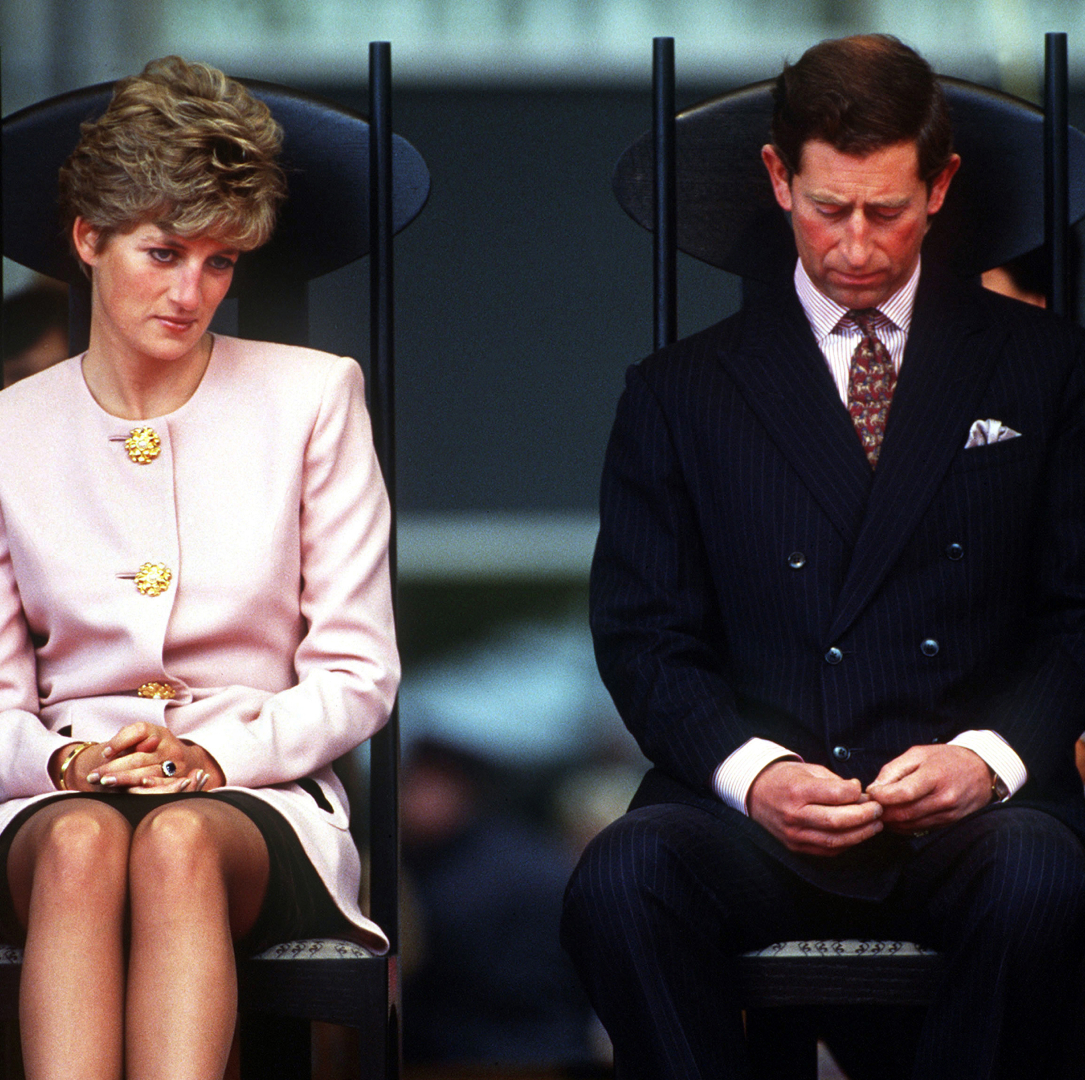 The "Nerve-Racking" Meeting Charles's Cousin Had With Diana
The "Nerve-Racking" Meeting Charles's Cousin Had With Diana"I could have been a complete idiot."
By Amy Mackelden
-
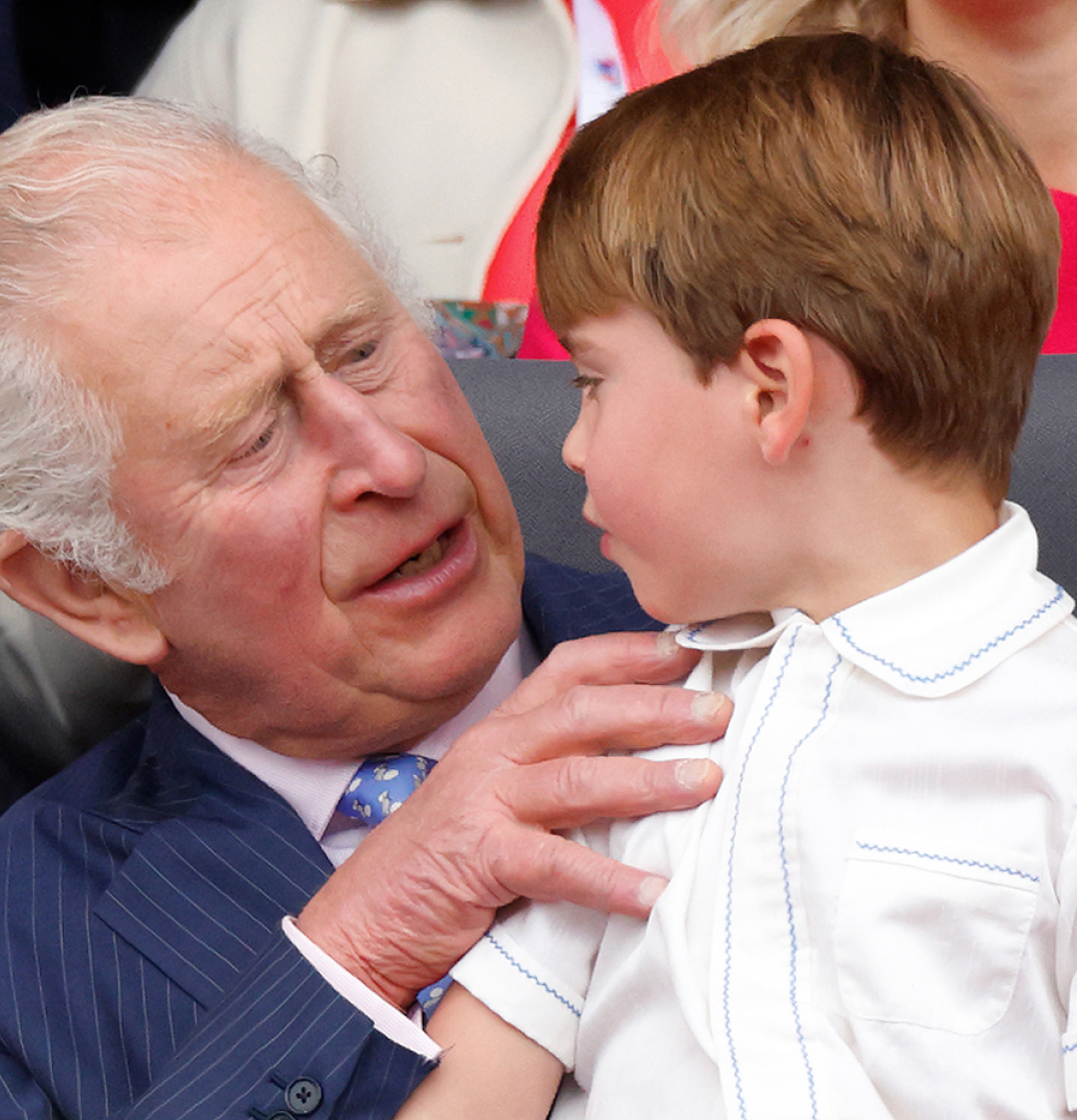 Prince Louis is "Not at All in Awe" of the Fact Grandpa Charles is The King
Prince Louis is "Not at All in Awe" of the Fact Grandpa Charles is The KingTitles don't impress Louis much, per one royal expert.
By Kristin Contino
-
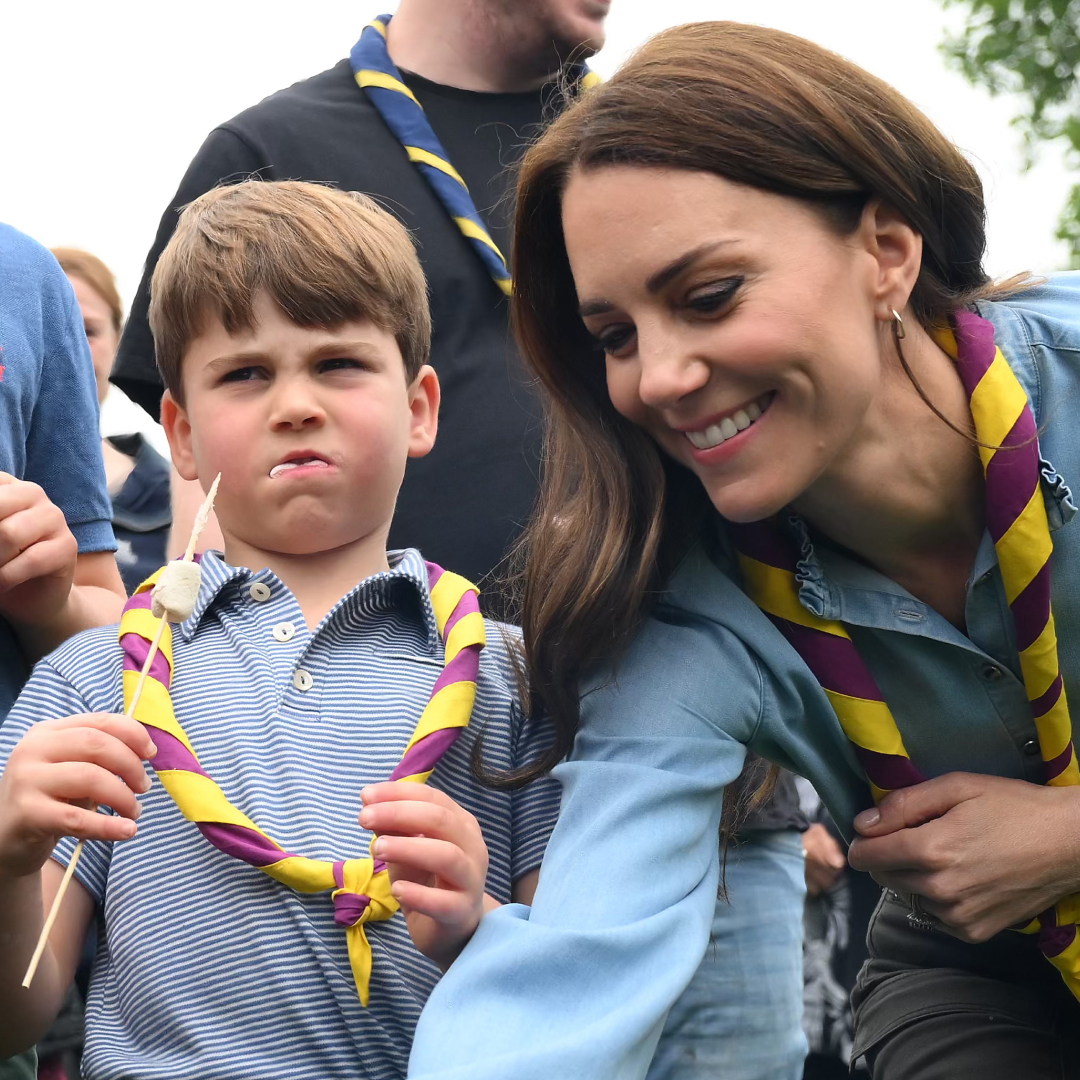 Why Kate "Lets Louis Run Wild," But Not George and Charlotte
Why Kate "Lets Louis Run Wild," But Not George and Charlotte"Louis has won the hearts of many people with his antics."
By Amy Mackelden
